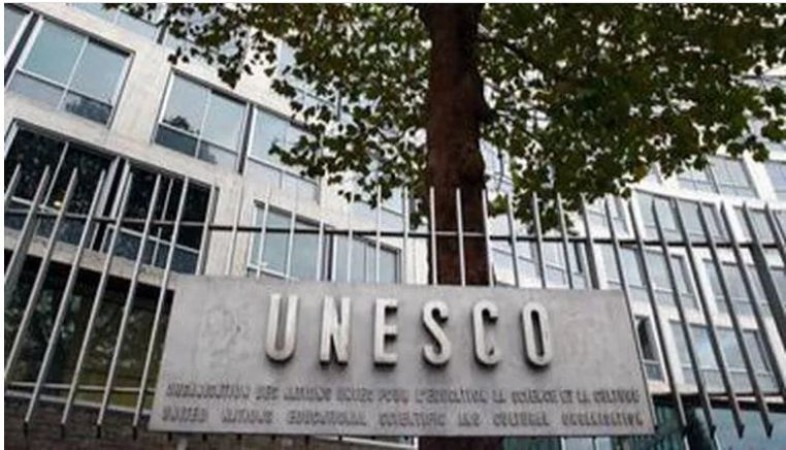
In a recent election held at the United Nations Educational, Scientific and Cultural Organization (UNESCO) executive board, Pakistan emerged victorious over India for the position of vice chair. The election, which took place on November 24, saw Islamabad's candidate securing the Vice Chair position from the Asia Pacific Group at the ExB Session for the term 2023-25.
Expressing gratitude for the overwhelming support received, Pakistan's foreign ministry conveyed its commitment to cooperative multilateralism. They look forward to collaborating with all members to advance shared objectives and uphold UNESCO's principles and values, as mentioned in a social media post on platform X.
According to reports from various Pakistani media outlets, Pakistan's candidate secured 38 votes, while India's received 18, marking a significant victory for Pakistan over its regional counterpart.
This outcome has been perceived as a setback for Indian diplomats at the UN, following Pakistan's election as vice chair of UNESCO's Executive Board for the term 2023-2025, stated a report by the Indian Express. The Indian government's Ministry of External Affairs and Human Resource Development, responsible for managing UNESCO in India and appointing the Indian representative in Paris, is reportedly assessing the reasons behind this defeat and its implications.
The Indian representative at UNESCO, Vishal Sharma, a political appointee, faced inquiries regarding the reasons behind India's subpar performance in the election. The election took place during UNESCO's 218th session in Paris, where various appointments were made.
The UN Executive Board, consisting of 58 member states and holding a four-year term, oversees the administration of UNESCO and appoints its director-general. Alongside the General Conference and the Secretariat, it is one of UNESCO's three constitutional organs.
Regarding the role of Vice-Chairpersons, each electoral group has six Vice-Chairpersons. In the absence of the Chairperson during a session, their duties are carried out by the Vice-Chairpersons in rotation. The Chairperson typically directs discussions, ensures compliance with Rules of Procedure, and manages the allocation of speaking rights, among other responsibilities.